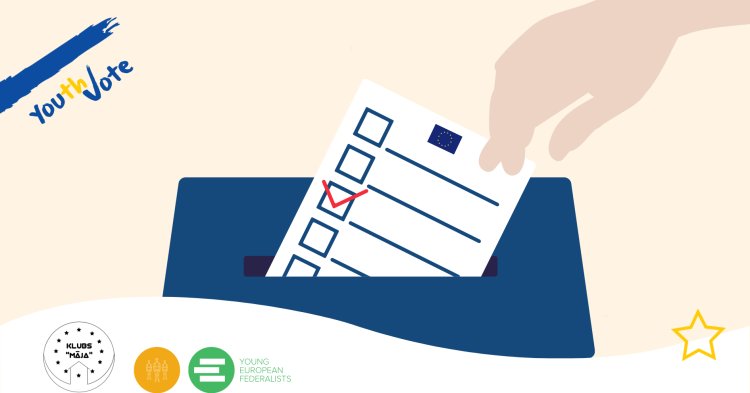The European Union (EU) was founded on the first of November in 1993 and today it has 27 member states. Although there has been an increase in members since 1993, citizen participation in the European Parliament (EP) election in some of the member states like Lavia’s has decreased since joining the EU. But why is the EP election as important as any member-state government election? This article will inform about the meaning of democracy in the EU, its effect on Latvian or any other member states citizens, and the decision-making of the European Parliament.
The meaning of EU democracy
The European Union’s charter of fundamental human rights is not only part of the EU justice system but also a crucial part of its democracy. It defends the human rights of every single EU member state citizen, and allows them to be heard and informed by all EU institutions. Another crucial part of European Union democracy is the EP election, which happens every 5 years - the next is in 2024. The seat distribution is dependent on the population count in each member state. For every EU country to be heard, the minimum seat count for each country is 5, and elected deputies from countries with large populations like Germany and France should represent not only their own country’s interests but also other member-states with a smaller population and their citizens.
EU effect on member state citizens and society
Citizens of the EU member states are automatically citizens of the European Union, therefore they can move freely around the countries of the EU, and have rights to live in those other countries if they fulfill certain conditions. The EU has strengthened economic governance, designed a system to safeguard financial stability in the euro area, improved Member States’ public finances and promoted reforms to encourage investment. In certain areas, the EU can only support, coordinate or complement the actions of member countries. It has no power to pass laws and may not interfere with member countries’ ability to do so. In these areas, the EU has what the treaties call supporting competencies: public health.
EP decision making
As the co-legislator, the European Parliament has the power to alter and adopt legislation and decides the annual budget with the Council of Europe. In budget planning, both of these powers have an equal amount of power to decide in this discussion. For the new laws to be passed by the European Parliament it first needs to be proposed by the European Commission, but the EP can request them to propose initiatives. However, the legislative procedure doesn’t end with the EP voting, but with the agreement between the European Parliament and the Council of Europe.

Follow the comments: |
|
